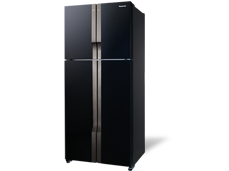Egg Safety Tips

Eggs are one of the most common food today. They are an essential part of our diet but it is important that we prepare them with care. Eggs can occasionally be contaminated with Salmonella bacteria or other microorganisms that can make you sick. Here are some food safety tips for handling and consuming eggs.
- When you are buying eggs, always choose eggs that are stored in a cold place with clean and uncracked shells.
- 2.Eggs should be refrigerated as soon as possible in their original carton in the coldest section of the refrigerator, usually the body of the fridge. The carton helps protect the eggs from damage.
- Do not buy a lot and store it at home. Buy the quantity that you can consume in a couple of days and replenish again once they are finished. This will make sure you have fresh eggs all the time.
- Always check the expiry date on the box to make sure you have sufficient time to consume the eggs.
- Don’t crack the shell of an egg until you want to use it.
- Hard boiled eggs can be stored in a close container in the refrigerator for up to one week.
- Eggs, whether raw or cooked, should not be kept at room temperature for more than two hours. Eggs that have been at room temperature for more than two hours should be discarded.
- Always wash your hands and utensils carefully before and after handling raw eggs. This helps avoid potential cross contamination and can help prevent the spread of food borne illness.
- When you are cooking eggs and egg-based foods, make sure they are cooked thoroughly to at least 74°C (165°F) to ensure they are safe to eat. Foods containing raw or lightly cooked eggs may be harmful to vulnerable people such as young children, the elderly, pregnant women and people with weak immune systems.
- Serve egg dishes immediately after cooking and refrigerate leftovers in containers within two hours. Eat leftovers within three days.










